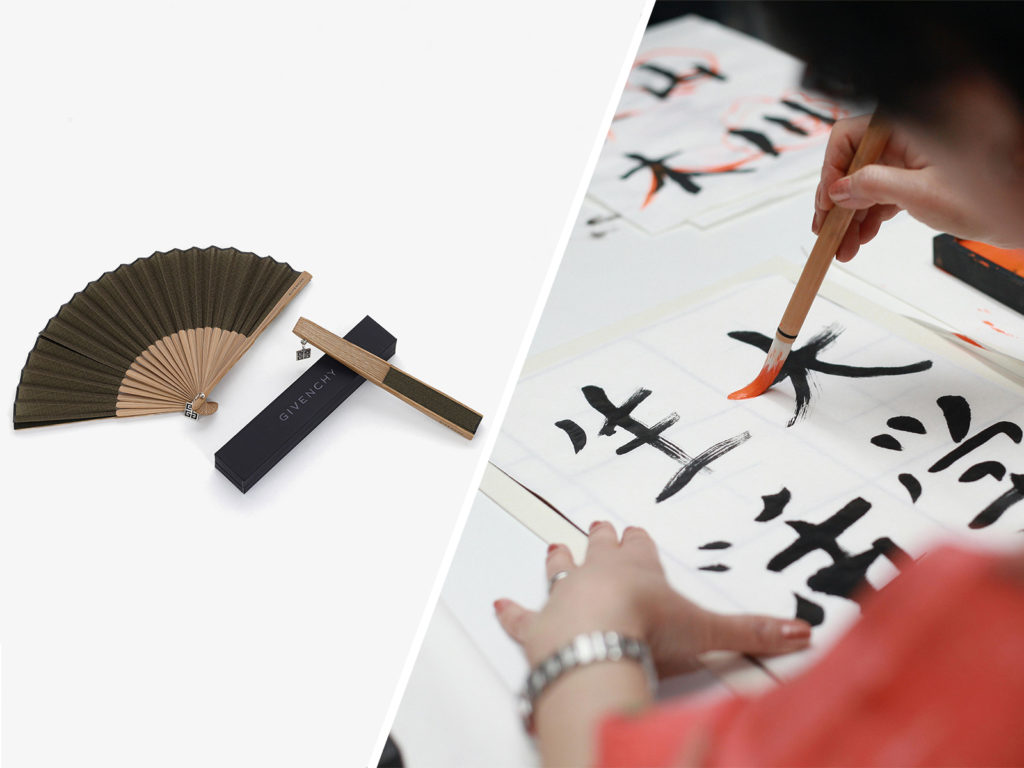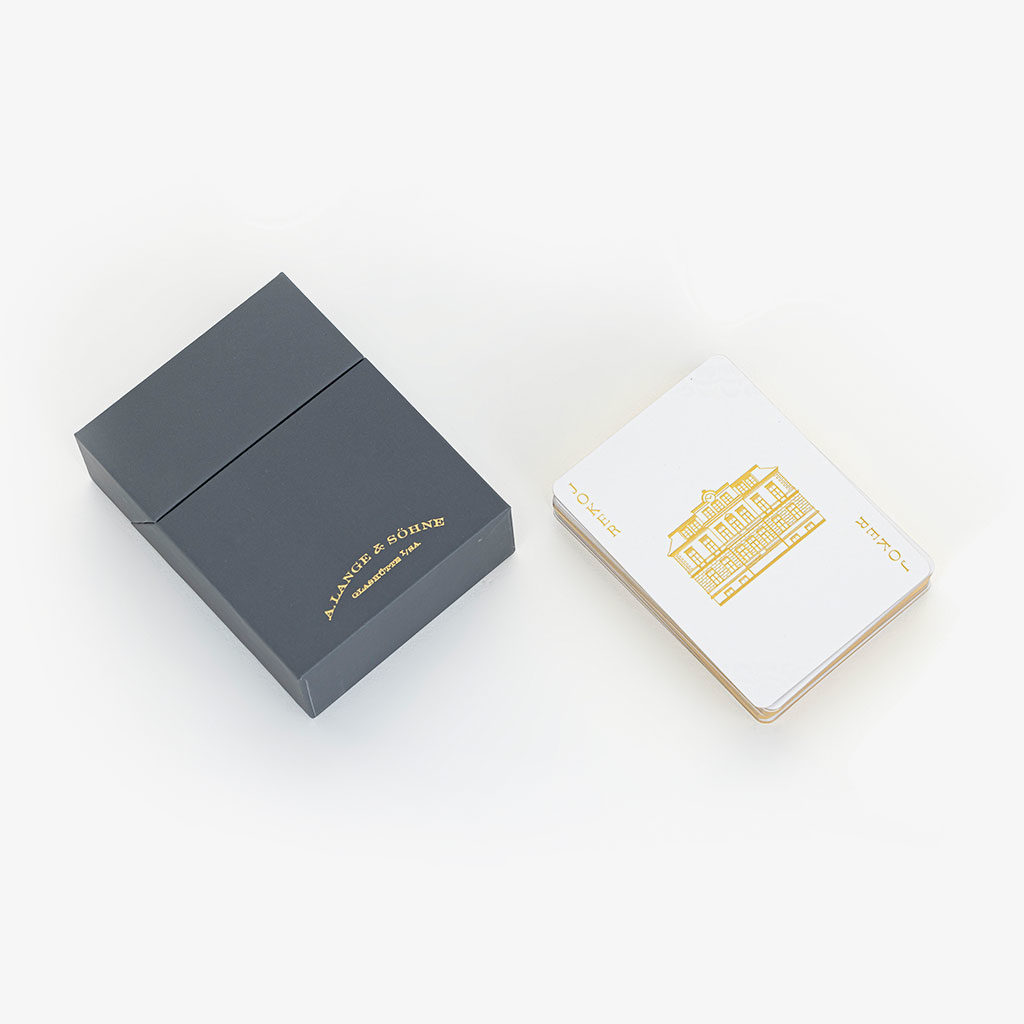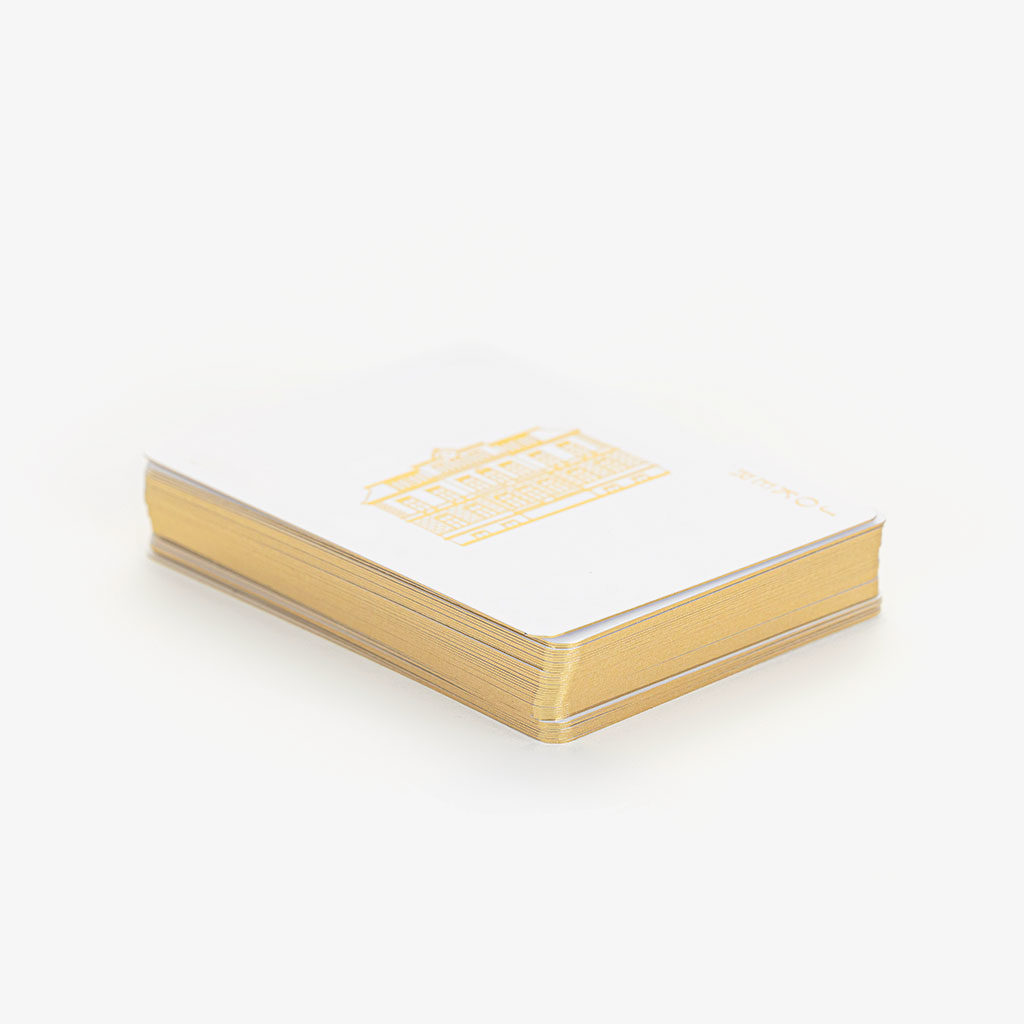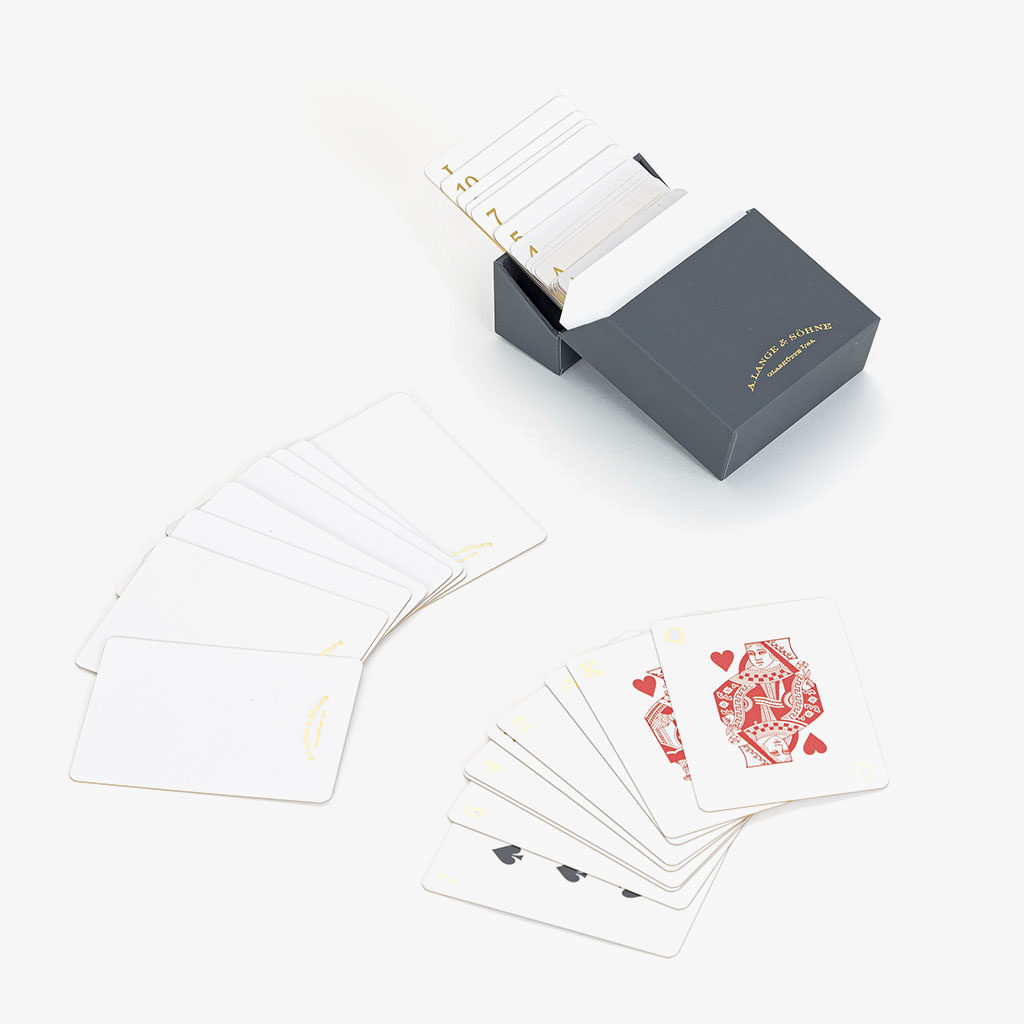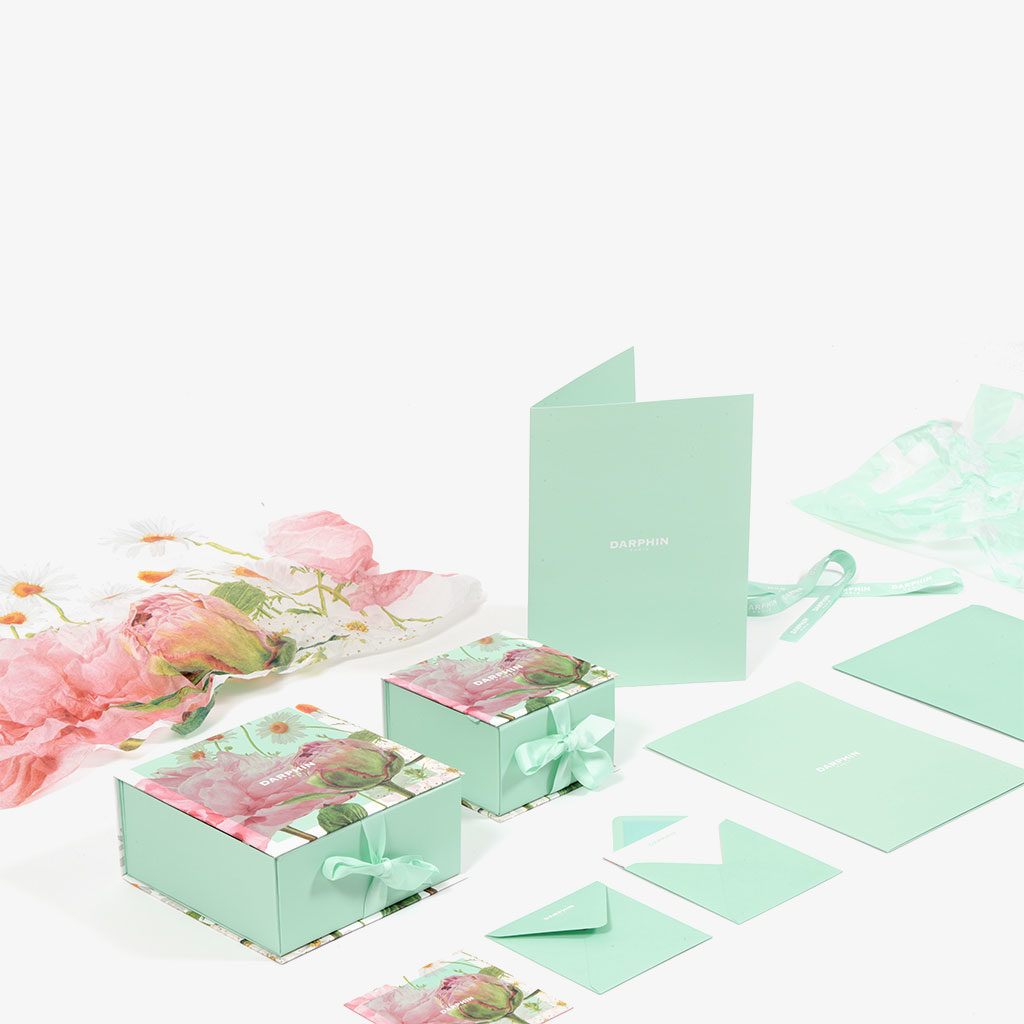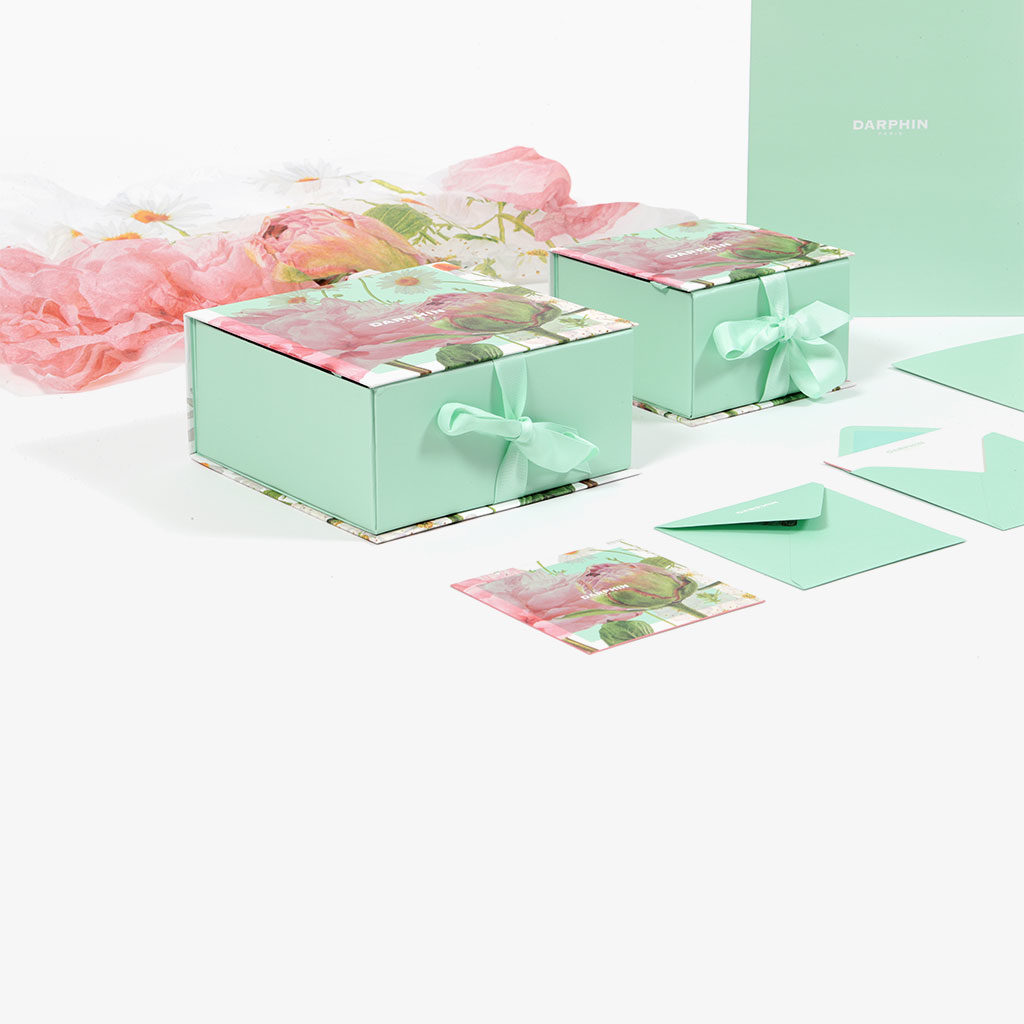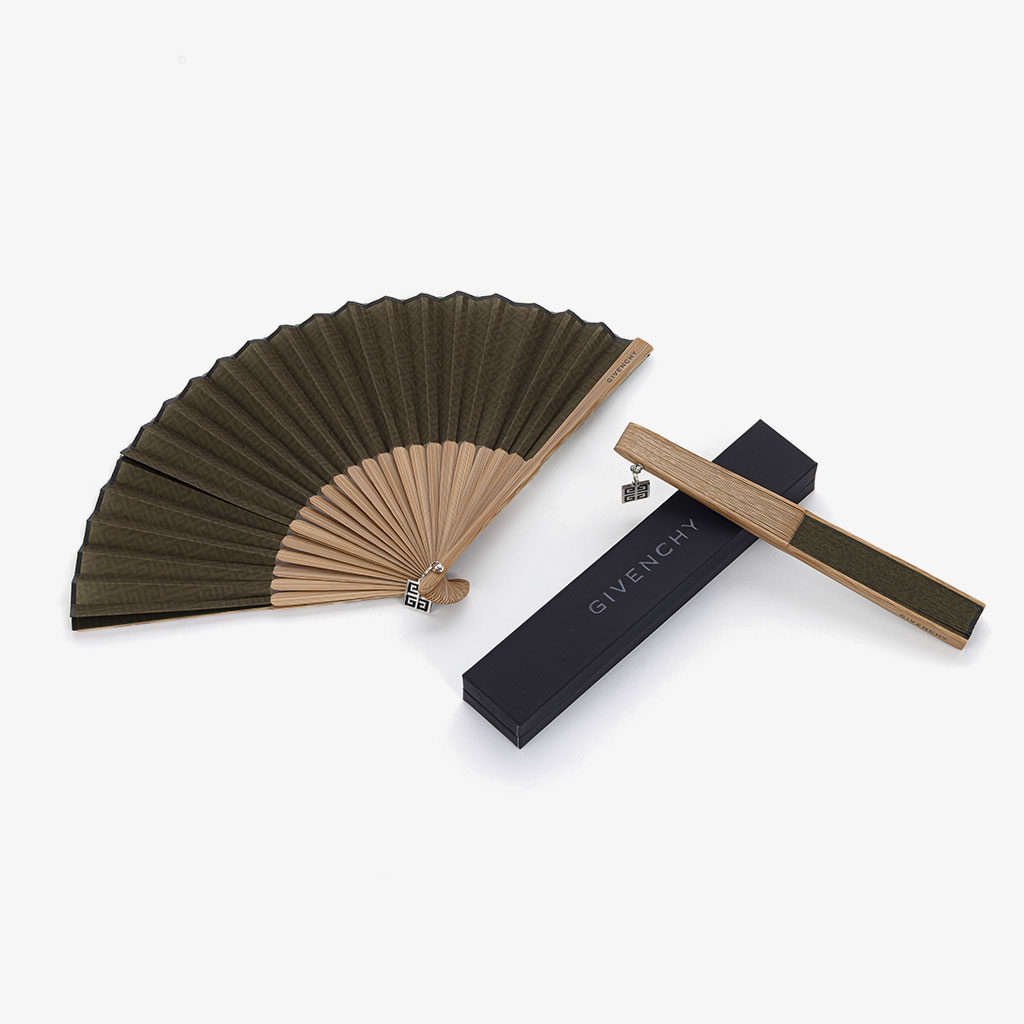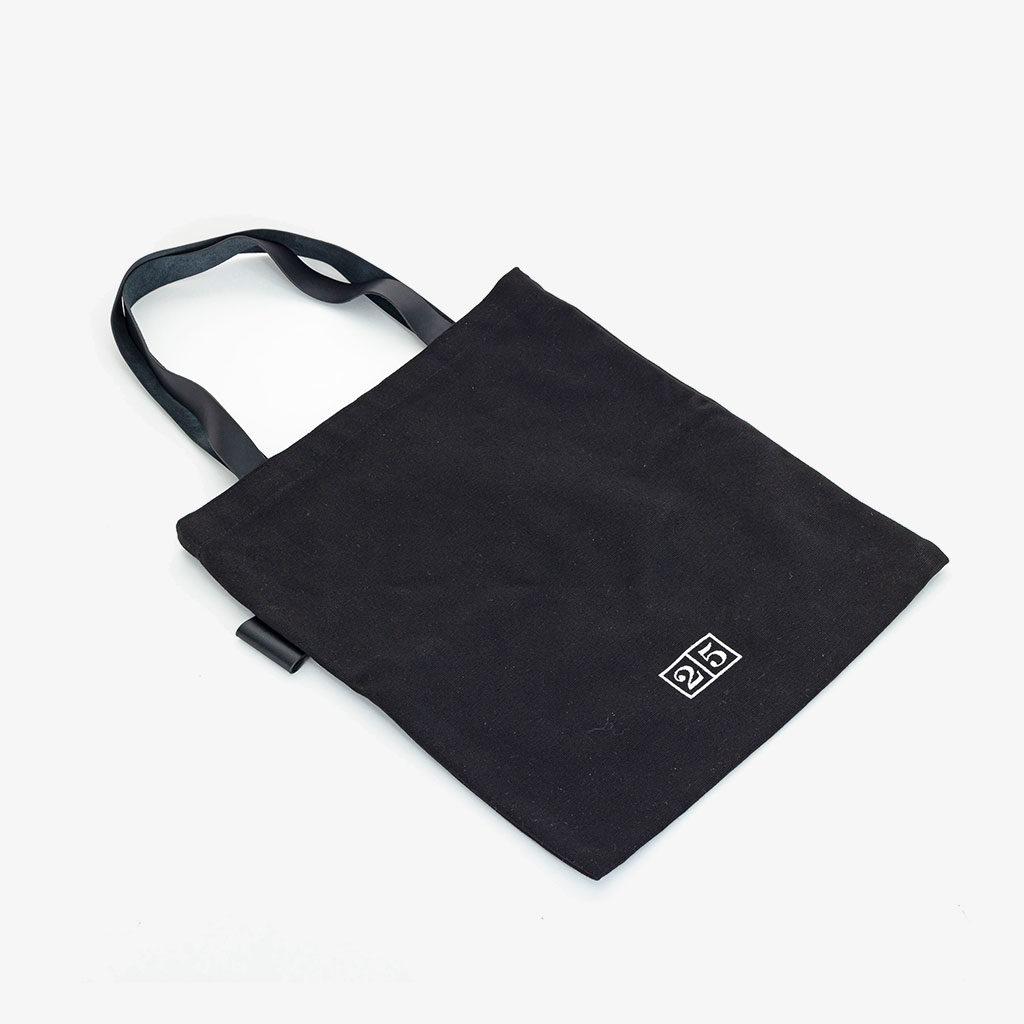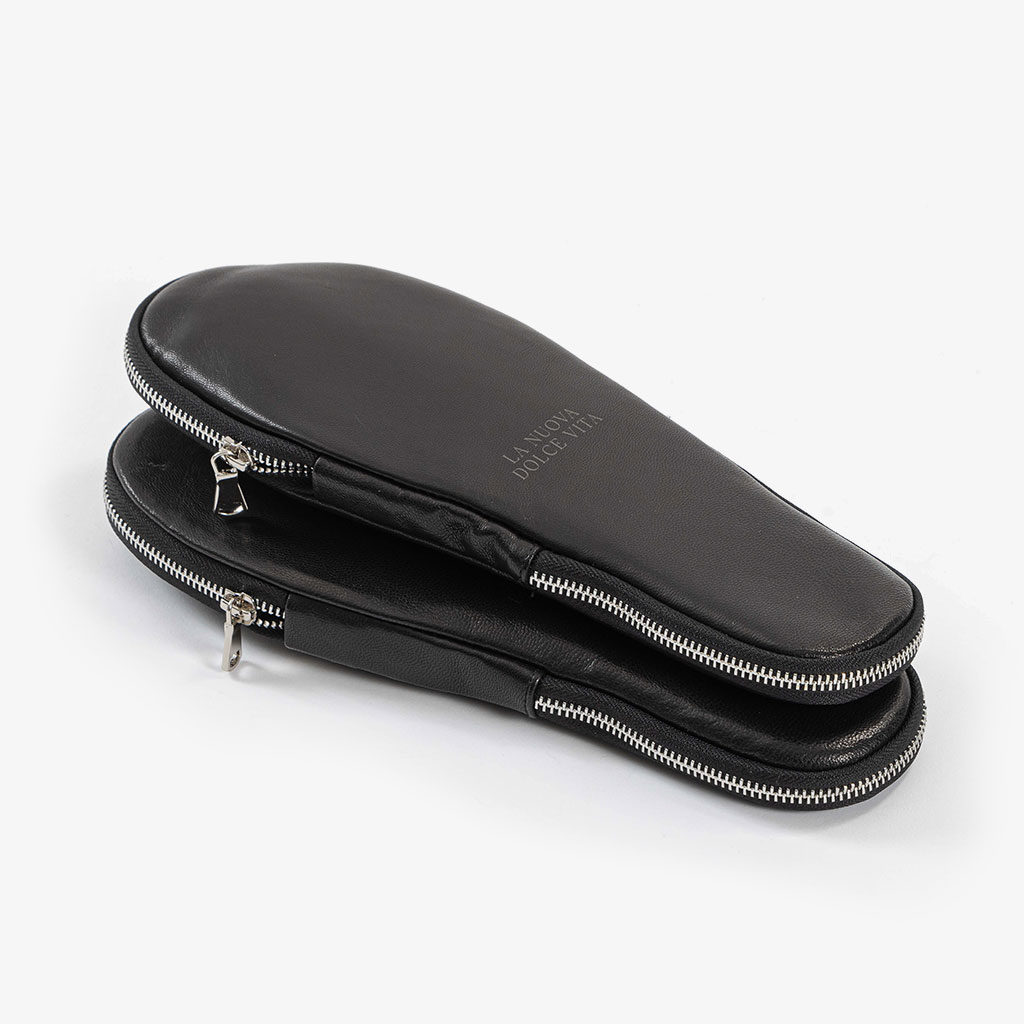Japanese Gifting Customs: What To Gift
Gifting Intention and Value
When gifting in Japan in a business context, the gift should indicate a broader relationship with the company. Additionally, the gift of choice should indicate the nature of the relationship between the gifter and gift receiver; for example, a gift for a co-worker should be worth less than one for a partner.
Gift a Unique Item
When selecting a gift, quality and uniqueness are the cornerstones; a custom-made item that cannot be found anywhere else is the best choice. Fine craftsmanship is central to Japan’s culture; materials used as well as the expertise behind the item’s creation are emphasized in making an impactful selection.
What to Avoid When Selecting a Gift
When gifting in a business context, avoid the gift being too personal to the individual, as it should indicate a larger relationship with the company. Lilies, lotus blossoms, and camellias are associated with funerals and should be avoided as a gift. Potted plants can be associated with sickness and should be avoided. Additionally, giving four or nine or something is considered unlucky.
Gifting Presentation
The Value of Presentation
In Japanese culture, the presentation of the gift is as important, if not more important, than the gift itself. Wrapping technique is a significant aspect of how the gift is received.
Traditional Wrapping Methods
The use of two main methods of wrapping is widespread when gifting in Japan: furoshiki and washi. Furoshiki is a method of wrapping gifts in cloth, dating back over 1,200 years. It has grown in popularity globally and is a stylish and eco-friendly way to wrap a gift.
Perfected by Japan’s cutting-edge artisans, washi is a special form of creating paper used that traditionally accompanies gift giving. Washi paper is said to date back at least to the Nara era (710-794). Washi is traditionally made by hand using wood pulp and vegetable fibers. Because of the paper’s durability, it is a very versatile item and can be used to make household goods, clothes, toys, and ritual objects. The tradition of washi spread globally to many other cultures, where it is commonly used as gift paper, gift card paper, and origami.

Color and Aesthetic
When including a card with a gift, color, including ink color, indicate different meanings in Japanese culture. Green, symbolizing eternity and good luck, is a great choice. Purple is also a good color choice, which represents nobility. White ink can be a good choice for writing on a card.
What to Avoid for Gift Presentation
Gifts must always be wrapped when presented. Paper that is too bright or with bows should be avoided, as well as white paper , as it is associated with funerals in Japan. Red cards should be avoided, as that is also associated with funerals. Black ink, though standard for many, can be associated with death or bad luck.
Etiquette for Giving and Receiving Gifts
Accepting Or Giving a Gift
In Japanese culture, it is customary to offer a gift with both hands, as this represents modesty – when the gift is accepted, it is polite to do this with both hands as well.
Additionally, it is a cultural norm to refuse the gift up to three times before it is accepted.
The “Return Gift”
“Okaeshi ” or “the return gift” is a custom of giving a gift back when you receive one. It is usually expected to be about 50% of the value of the initial gift received; it is considered rude to not partake in this practice. It is a good practice to bring many gifts with you on a trip, so that if presented with an unexpected gift, you can reciprocate.
When to Give or Open the Gift
If the gift is for a group of people rather than an individual, make sure that all of them are present when you give the gift. Alternatively, if the gift is for one person, it should be given in private. Towards the end of a meeting or visit is when a gift should be given.
Commentary on Gifts
In Japan, modesty is important when giving gifts. It is customary to say that the gift you are presenting is “tsumaranai mon” [“an uninteresting or dull thing” even if the gift is very high quality; this indicates that the relationship between the two people is more important than the physical object.
What To Avoid When Giving or Receiving Gifts
Though it is important to express gratitude, it is customary to not open the gift in front of the gift giver. It is also important to not give the gift too early on in a meeting, as this can draw too much attention to the gift.
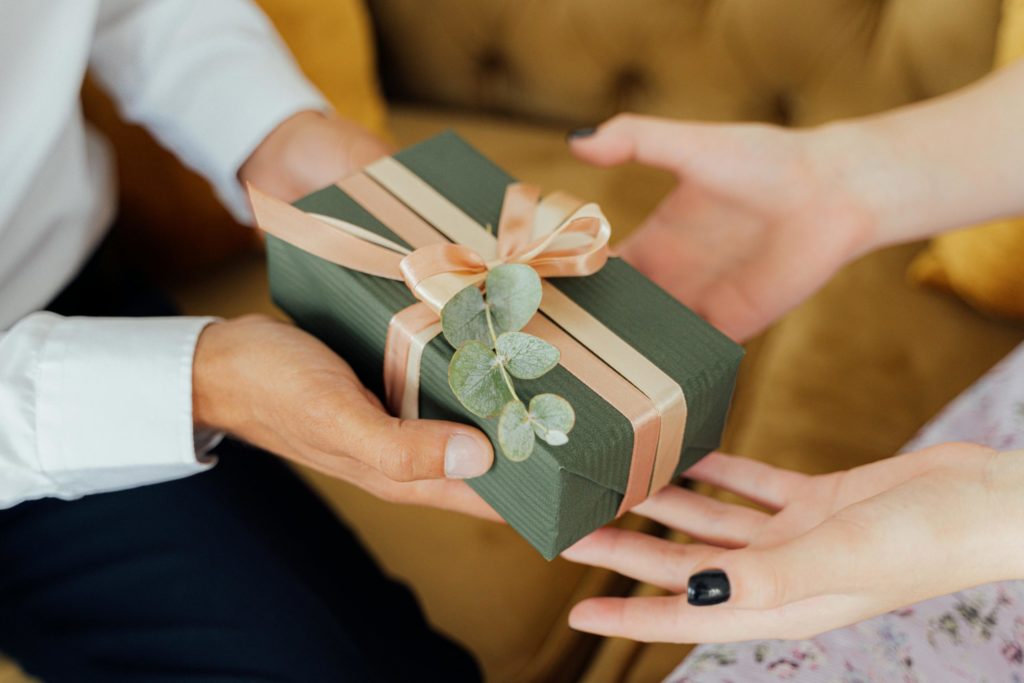
Gift Giving Times of Year
In Japan, there are a few times of year and occasions when it is customary to exchange gifts for both business and personal reasons. These times occur twice a year, once in the summer and once in December.
Ochugen
Ochugen, one of the gift giving seasons, occurs in July during the Summer Festival. The purpose of this holiday is to express gratitude to close friends, business partners, and family.
Oseibo
Oseibo is a second Japanese gifting period associated with the end of the year. It is common to receive gifts in the first half of December for Oseibo. Oseibo focuses on the payback of favors received over the previous year.
Omiyage
Omiyage is a business custom of buying small gifts while one is away on a trip, such as small treats and souvenirs, representing the local specialties of the place one has traveled to.
Times of Year to Avoid
Bigger international holidays such as Christmas, more popular in the U.S and Europe, are not as popular to celebrate in Japan in business, and may not be appropriate to gift for; if gifting does occur, it is mostly between families and friends.
